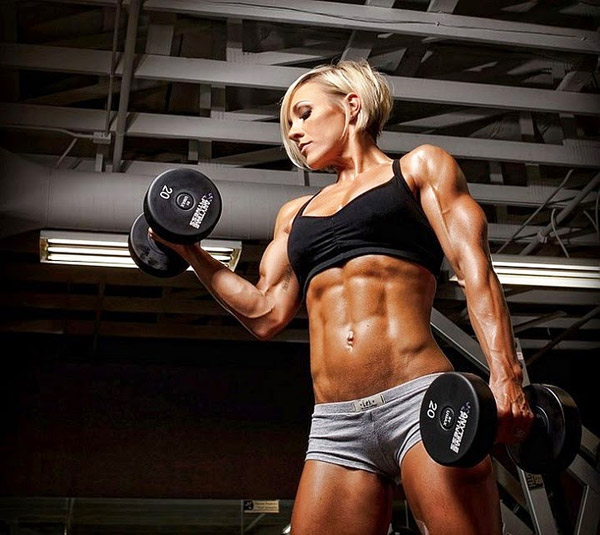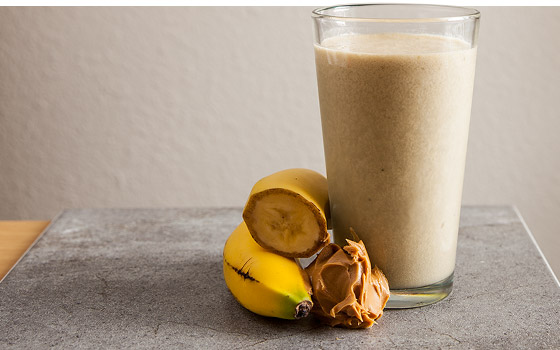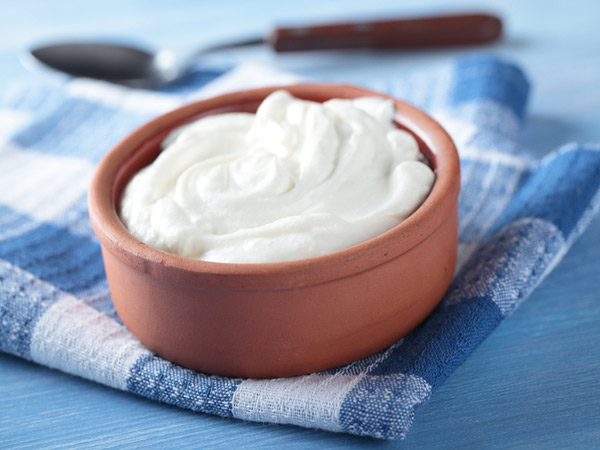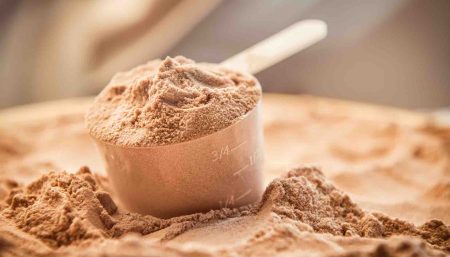
With increasing competitions held in the world of female bodybuilding, not only are women spending grueling hours in the gym pumping iron, pushing genetics to the limit, but many pay an even higher price for their 60 seconds on stage: The toll on their bodies can be irreversible, and the subculture can be all-consuming, obsessive and dangerous.
Most female body builders who start out as an innocent exercise trainer quickly turn it into an obsession and with time fall deeper and deeper into the bodybuilding subculture. If not watched or tracked it can becomes an addiction.
Protein is an important part of our diet and is key to building and maintaining all types of body tissue, including muscle. It contains amino acids, the building blocks used for muscle growth.
Bodybuilders turn to protein powders, available as shakes, bars and capsules as muscle-building supplements. Some even start mixing chemical cocktails of steroids and diuretics in order to get ready for competitions. Others mix potentially harmful combinations of insulin, diuretics, human growth hormone, beta blockers, and anti-wasting HIV drugs. All these products are legally available to buy over-the-counter as well as online. They are marketed as helping to promote your body’s muscle growth, aid metabolism (helping with weight loss), help you reach peak physical performance, boost energy and fight the ageing process.
Testosterone, for example, can cause disturbing male characteristics.It can lead to growth of facial hair, thickening of vocal chords, dropping of voice, growth of hair on the chest and back, a woman’s clitoris can grow into a male-like appendage.
Users use supplements either before, during and after training to enhance performance and improve recovery, or add them to meals to boost their protein or drink them between meals as a high-protein snack.
Though protein shakes are convenient, not all of them are suitable to be used as a meal replacement, because they don’t have all the vitamins and nutrients that a balanced meal would contain.This means that bodybuilders who turn to protein supplements, instead of simply eating protein-rich foods, could be wasting their money.

There is also evidence that, in the long term, consuming too much protein can lead to an increased risk of osteoporosis and can also worsen existing kidney problems.
The Department of Health advises adults to avoid consuming more than twice the recommended daily intake of protein (55.5g for men and 45g for women).
Protein-rich foods include:
|
Tips to Enhance Protein Intake

- Have Greek yogurt in the morning with muesli and fruit, rather than plain breakfast cereal and milk) to enhance the protein content of a meal.
- Eat a protein-rich breakfast containing about 30 grams of protein to gain greater satiety throughout the day and reduce unhealthy snacking.
- Two slices French toast made with whole-grain bread and one egg (use a higher omega-3 type if possible) blended with 1/4 cup fat-free half-and-half or low-fat milk, 1/8 teaspoon vanilla, and a pinch of cinnamon.
- Legumes are another good source of protein and can be eaten in chili, stews, and soups, and bean salads. Some of the more common legumes found in the U.S. include pinto beans, kidney beans, navy beans, lima beans, black beans, chickpeas, lentils, and black-eyed peas. Legumes can be purchased dry, canned, and sometimes frozen.
- Aim for high-quality, or “complete,” proteins found in animal-based foods such as beef, pork, poultry, fish, eggs and dairy products contain all the essential amino acids and are easily digestible.
- Try cooked oatmeal (1/2 cup “lower sugar” instant oatmeal cooked with 3/4 cup skim or low-fat milk), topped with 1/4 cup dried fruit or 1/2 cup fresh fruit and 1 tablespoon chopped nuts.
- Invest in some jerky nuts and seeds.
Never view supplements as a quick fix to achieve their goals.
Disclaimer
The Content is not intended to be a substitute for professional medical advice, diagnosis, or treatment. Always seek the advice of your physician or other qualified health provider with any questions you may have regarding a medical condition.



